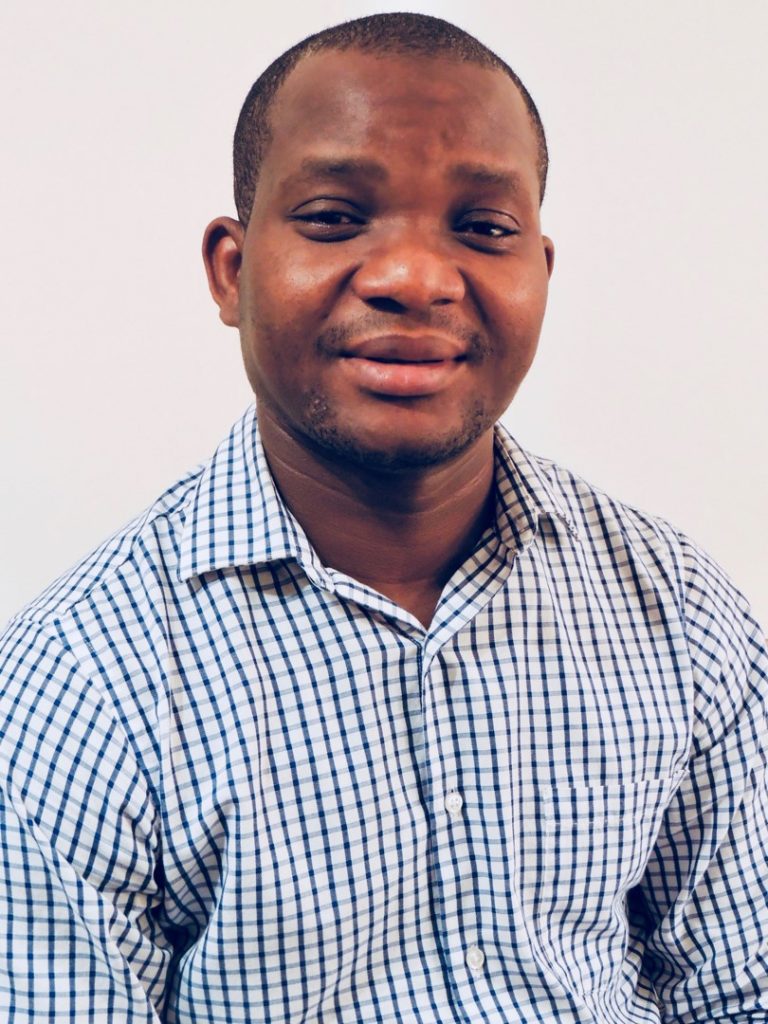
Tagnon Missihoun is Assistant Professor in the Department of Chemistry, Biochemistry and Physics at Université du Québec à Trois-Rivières (UQTR) in Quebec, Canada. He holds a Bachelor degree and a Master degree in Biochemistry and Molecular Biotechnology and obtained his Ph.D. in Plant Physiology from the University of Bonn, Germany. After his Ph.D., he did a first postdoctoral study on plant stress-responsive enzymes at the University of Bonn in Germany. He moved to the University of Saskatchewan (Canada) where he conducted a second postdoctoral study in plant biotechnology. There, he researched on using a nonhost plant and omics tools to seek resistance genes against the clubroot disease in canola and other Brassica species. Prior his arrival at UQTR as Assistant-Professor, he was a postdoc fellow at the University of California Riverside (USA) where he studied the biochemical interactions between the plant and rhizobacteria under concurrent environnemental stress factors. During his postdoctoral years, he developed a collaboration within the Department of Biology in Rutgers University and investigated the metabolome of psychrophilic green microalgae. Since then, his interest on these photosynthetic microorganisms have ever increased, and he is currently developing a research program around the psychrophilic microalgae and their utilisation in biotechnology. He teaches undergraduate and graduate courses including Experiemental Biochemistry (BCM1004), Bioinformatics, Proteomics and Genomics (ABI1001), and Enzymology (BCM1006) at UQTR.
Dr. Tagnon Missihoun has extensively studied the regulation of the expression and activity of plant aldehyde dehydrogenases, a family of enzymes with diverse functions in metabolism and physiology. He uses this expertise to develop a research programme in biotechnology and around three major axes: 1) the molecular and physiological mechanisms undelying the adaptation of cold-adapted psychrophilic microalgae; 2) the biological significance of protein carbonylation in plants; 3) enzyme engineering and applications.
